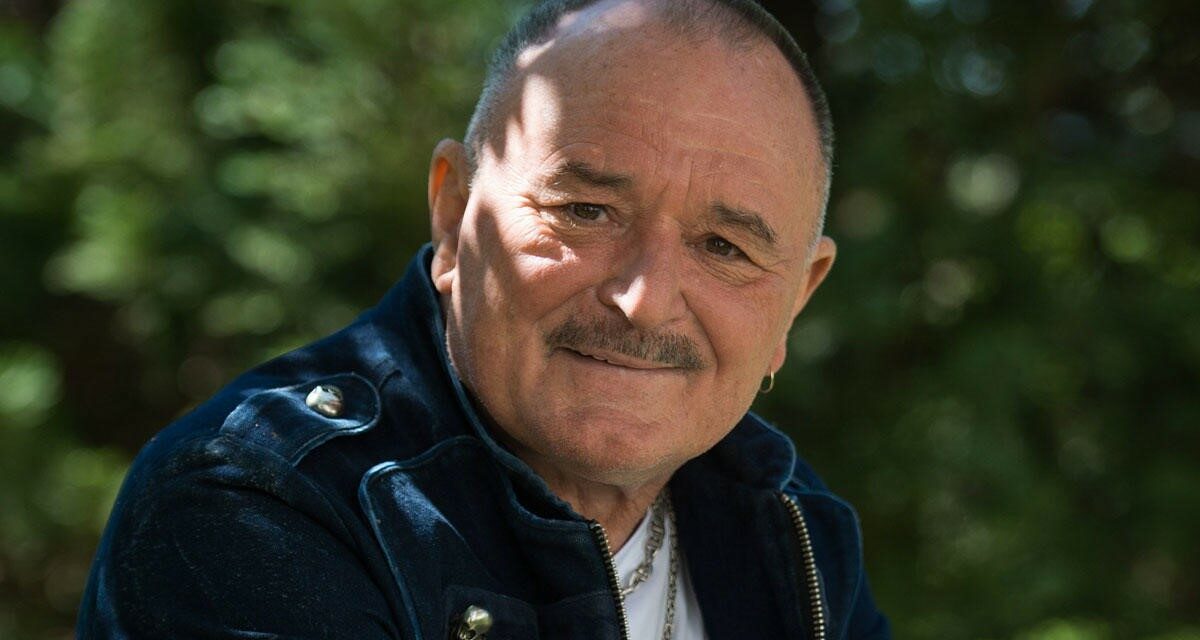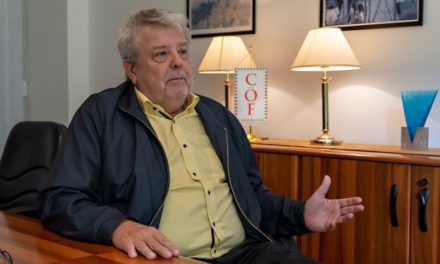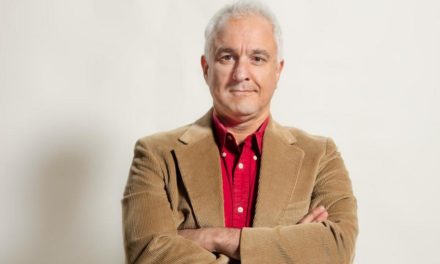Feró Nagy performed in Munich on the first of October. It was from that day that Petőfi Rádió's new program structure, which essentially had been implemented by Pannon Rádió for two decades under Feró Nagy's music editor-in-chief, began. Feró also talked about this, the Póka Egon case and the upcoming 45-year jubilee concert of the Beatrice band in the following interview.
How did you compile the repertoire of the songs you wrote for Beatrice and Bikini? What songs can the audience expect in addition to the classic Those happy beautiful days, Before I leave for good and 8 hours of work, 8 hours of rest, and 8 hours of fun?
It will not only be the songs I wrote for Beatrice and Bikini when I was the singer, but also the ones I wrote for D. Nagy's Bikini. Also, as a surprise, there will be three songs written by me from Pokolgép. We're taking out the old songs now, since the band is 45 years old. We also play songs that we rarely play. Hard rock music is not so appreciated at city parties and village days.
When you were subjected to various reprisals during the Kádár era, for example your passport was taken away, did you think that you would ever be able to tour abroad?
Then we planned for the band to leave for the West. The authorities found out about this and immediately confiscated our passports. But I agree that abroad is not for us. If there are Hungarians there, then yes. But I don't know what a German understood from it, when even a simple Hungarian doesn't understand it. Except for the 8 hours of work…
The Petőfi Music Council was founded half a year ago. What kind of professional work is going on here and how?
I learned a lot in this Petőfi Music Council, as brilliant people are selected. They all scientifically approached the current situation of rock music in Hungary. I hope that this Council will be able to give Demeter Szilárd good ideas to change the radio's offer, because at the moment Petőfi Rádió does not fulfill the public service character of public service radio.
Although the situation is changing from now on, because from now on it will only broadcast Hungarian pop and rock music.
This is exactly a concept that was implemented by Pannon Rádió, which was the MIÉP radio station, with your chief musical editing. What do you say to the fact that Magyar Rádió, where you used to work, where you produced your legendary show Garage, is now implementing this at the level of public radio?
It's sad that we had to wait 20 years for this. But in order to judge how successful it is, we have to wait until the final program structure is formed. We don't know what will happen yet... Many times in my life I was like "well, it's finally here", and then it wasn't there... Let's wait and see what the audience will be like, because that's important!
How different are the Hungarian Rádió, the later Pannon Rádió, and even later commercial television as workplaces and intellectual workshops? Where were the most constraints and where were you able to give yourself the most? After all, Garage and X-Factor are completely different worlds...
When they invite me somewhere, they know that it is very difficult to rein me in. Maybe, because I think that the editor-in-chief knows what he wants, he has to follow it, but he has to get out of this role at every moment. Either the Garage or the X-factor will be good if you give yourself and I feel that I gave enough of myself. When I was there, about two million people watched The X-Factor. I'm not usually very cocky, but I was the best mentor. If anyone thinks that the X-factor is such a show looking for singers, they are mistaken. I think X-factor is a show.
There are four f@szkalap, those mentors, and then there are many fools who come and sing. If you sing very well, we applaud you, but that's it.
It was the same at Garáz, that they let go of my hand halfway. At that time, it was still unusual for a radio not to speak nicely and calmly, but to SHOUT, SNAP, PRESS! This was new at the time, quite a few radio presenters were brought up on me.
You can watch the entire interview in the video below:
Featured image: MTI/Csilla Cseke













